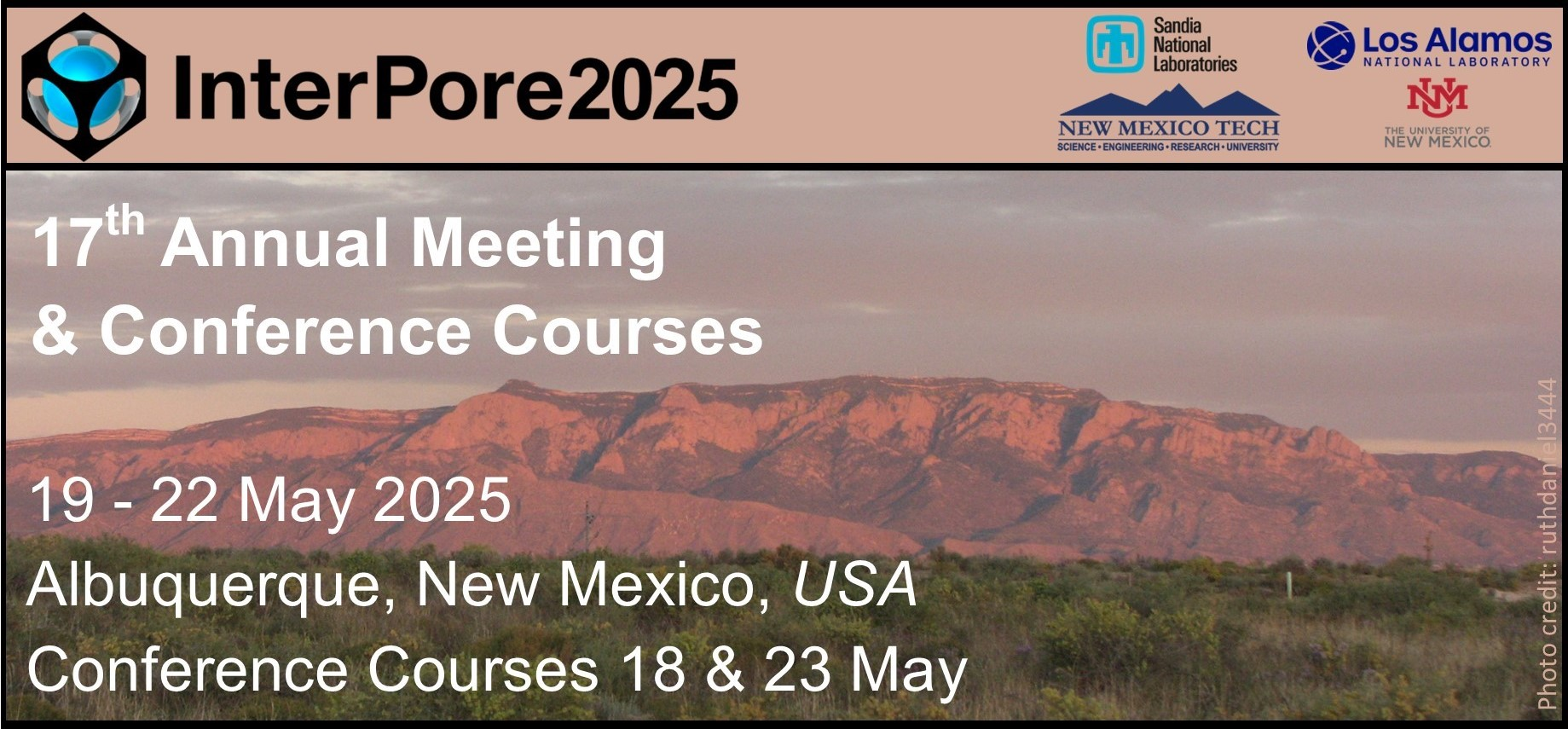Speaker
Description
Understanding, quantifying, and predicting biogeochemical reaction rates is a fundamental scientific challenge with broad implications for the characterization and management of the critical zone and beyond. Unlike under the special conditions found in laboratory batch tests, mass transfer limitations are ubiquitous in natural systems, and the resulting incomplete mixing that can dramatically affect reaction rates. Reactive transport modeling is therefore a necessary tool for understanding these systems. In particular, stochastic approaches provide us with a framework to quantify the role of heterogeneity under incomplete information about medium structure and spatial reactant distributions.
This talk will cover theoretical and numerical stochastic approaches to quantify and upscale pore-scale reaction rates under advection and diffusion in heterogeneous porous media. The focus will lie on fluid-solid, or heterogeneous, reactions, which take place between dissolved species transported by the fluid phase and solid-phase species found at the fluid-solid interface. From a theoretical standpoint, I will introduce the link between incomplete mixing, inter-reaction times, and first passage times, and how it can be quantified within a continuous time random walk framework. In terms of numerics, I will present particle tracking methods and their application to the direct simulation of reactive transport and the quantification of reaction rates from first passage times. Throughout the talk, I will discuss how these theoretical and numerical approaches help us shed light on the impact of medium and flow structure on reaction rates under both saturated and partially-saturated conditions.
| Country | Spain |
|---|---|
| Water & Porous Media Focused Abstracts | This abstract is related to Water |
| Acceptance of the Terms & Conditions | Click here to agree |






